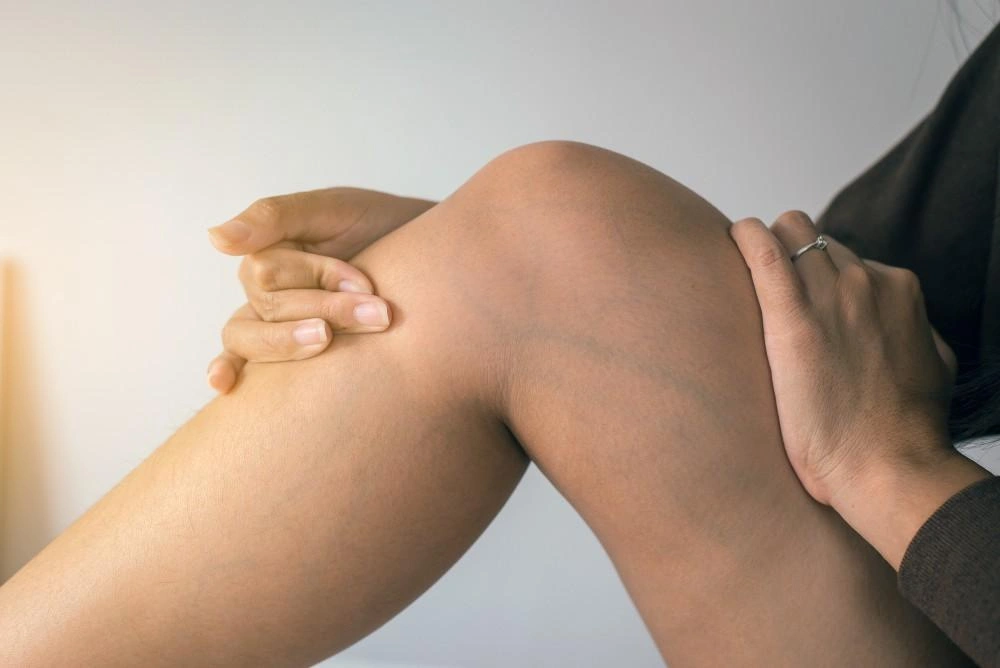Millions of Americans suffer from vein disease, including varicose veins, chronic venous insufficiency (CVI), deep vein thrombosis (DVT), and other vascular disorders. Yet despite the frequency of these problems, many people don’t know they have vein disease, or they may simply attribute their symptoms to getting older or other factors.
Knowing the causes of vein disease plays an important role in helping you seek treatment early. With prompt care, the risk of serious and even life-threatening consequences can be avoided, and you can improve your vascular and overall health, too.
Treating patients in Glendale, Avondale, Scottsdale, Anthem, Avondale, Laveen Village, and Black Canyon City, Arizona, the team at Phoenix Heart, PLLC, help patients manage vein disease with treatments tailored to their unique needs. In this post, you’ll learn some of the most common causes of vein disease to help you seek treatment as early as possible.
Sedentary lifestyle
Sedentary lifestyles are common — very common. In fact, according to the CDC, about 60% of Americans don’t get the activity they need to stay healthy.
Sedentary lifestyles take a negative toll on your heart, circulation, blood pressure, and other areas of your health. Plus, when you don’t get enough exercise, it’s a lot harder for blood to flow from your feet and lower legs back to your heart, leading to problems like CVI and varicose veins.
Being overweight or obese
When you’re overweight, those extra pounds put a lot of strain and pressure on your veins. That means they have to work harder to help your blood circulate properly. Extra strain weakens the vein walls, leading to varicose veins and chronic venous insufficiency. On the other hand, losing excess pounds reduces pressure on your veins and helps reduce your blood pressure.
Underlying diseases
Hypertension, high cholesterol, diabetes, and some autoimmune disorders can increase your risk of vein disease, too. During your office visit, make sure to provide a complete medical history so we can determine your risk profile.
Getting older
As we get older, years of pressure inside our veins compromises vein function. Veins begin to weaken, making it harder for blood to flow the way it’s supposed to. Even though you can’t stop the aging process, adopting healthy lifestyles now can reduce age-related risks in the future.
Smoking
Smoking contains a lot of chemicals that contribute to inflammation and other vascular changes. Over time, these changes damage both veins and arteries, dramatically increasing your risks of vein disease and other circulation and cardiovascular problems.
Prolonged standing or sitting
Standing or sitting for long periods can put added pressure on your veins, especially if you do these activities regularly. That includes anyone whose job requires them to sit or stand for a lot of time each day.
Poor diet
Eating a diet high in sodium can increase your blood pressure, sometimes dramatically. Consuming foods in unhealthy fats and cholesterol clogs arteries, causing circulation problems that can affect your veins, too.
Family history
People with a family history of vein diseases or heart disease can also have an elevated risk of vein diseases. Like age, you can’t “undo” your family medical history, but by knowing your familial risk factors, you can take steps to minimize their impact.
Give your veins the love they need
Your veins play a major role in your health and wellness, so it makes sense that you’d want to do all you can to keep them healthy. If you have any symptoms of vein problems, like varicose veins, spider veins, leg cramps, or restless legs syndrome, we can help. To learn more, book an appointment online or over the phone with the team at Phoenix Heart today.


